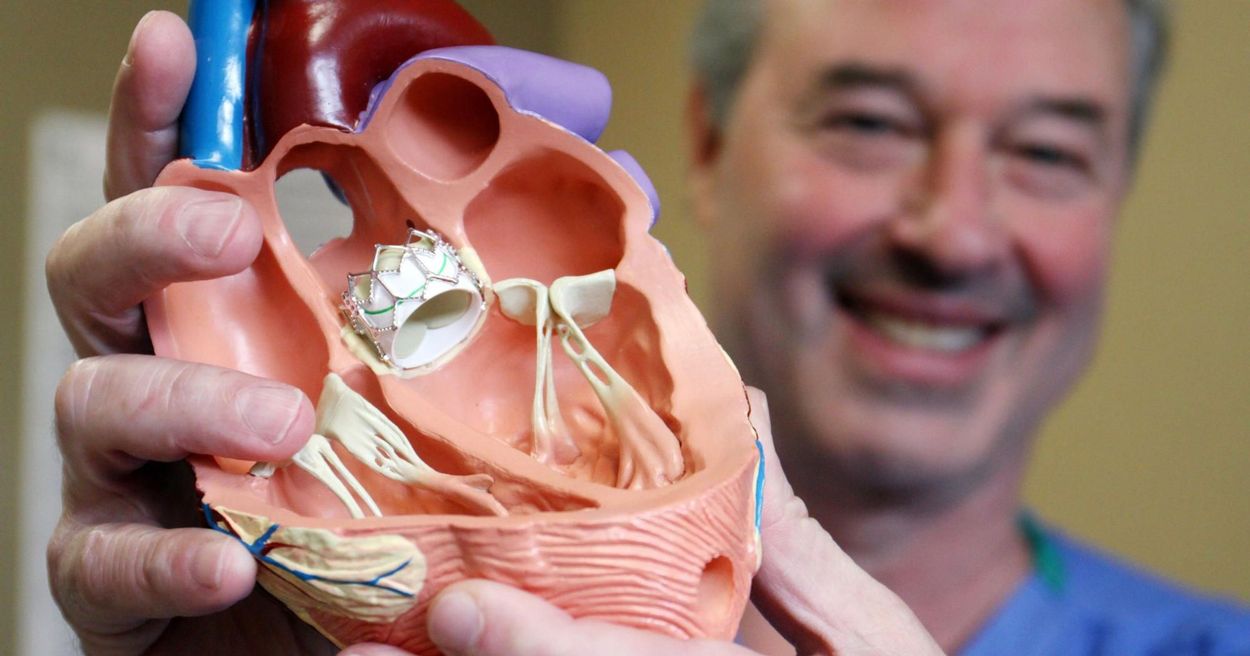What Are The Major Types Of Heart Disease?
Heart Failure
Heart failure is a form of heart disease where an individual's heart is unable to meet their body's demands because it cannot pump blood well enough. Other conditions in an affected individual can cause them to develop heart failure, including high blood pressure, coronary artery disease, faulty heart valves, cardiomyopathy, myocarditis, congenital heart defects, heart arrhythmia, diabetes, and amyloidosis. Heart failure can be classified into different types depending on the failing region of the heart. Left-sided heart failure causes blood and fluid to back up in the lungs because the left side of the heart cannot pump enough blood fast enough out of the heart. Fluid may back up in the patient's feet, abdomen, and legs when they have right-sided heart failure because the heart cannot pump enough blood fast enough into the lungs. Systolic heart failure means the patient's heart is unable to contract vigorously and has a pumping malfunction. Diastolic heart failure means an individual's left ventricle is unable to relax entirely and has a filling malfunction.
Continue reading to reveal more types of heart disease now.
Structural Heart Disease

Structural heart disease occurs when an individual is born with an abnormality in the structure or function of their heart or when wear and tear have caused alterations in the structure or function of their heart. Aortic valve stenosis occurs when the valve that allows blood to flow from the heart into the aorta becomes stiff and cannot open fully. An atrial septal defect is a structural heart disease where there is a hole that allows blood to flow back and forth between the atria in the heart. Heart valve disease occurs when blood cannot flow through the heart properly because one or more valves have become damaged. Mitral valve regurgitation is a structural heart disease that allows blood flow back into the heart because of an abnormal mitral valve. When the left ventricle muscle wall becomes too thick, it is referred to as a structural heart disease called left ventricular hypertrophy. Cardiomyopathy is a structural heart disease where the heart muscle has become enlarged and stiff. Marfan's syndrome causes problems with a patient's mitral valve or an aortic aneurysm. Myocarditis is a type of structural heart disease that occurs when the muscle tissues of an individual's heart become inflamed due to an infection or an abnormal immune system response.
Learn more about the types of heart disease now.
